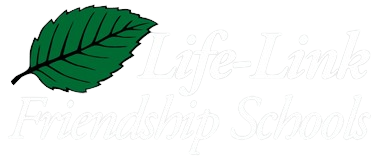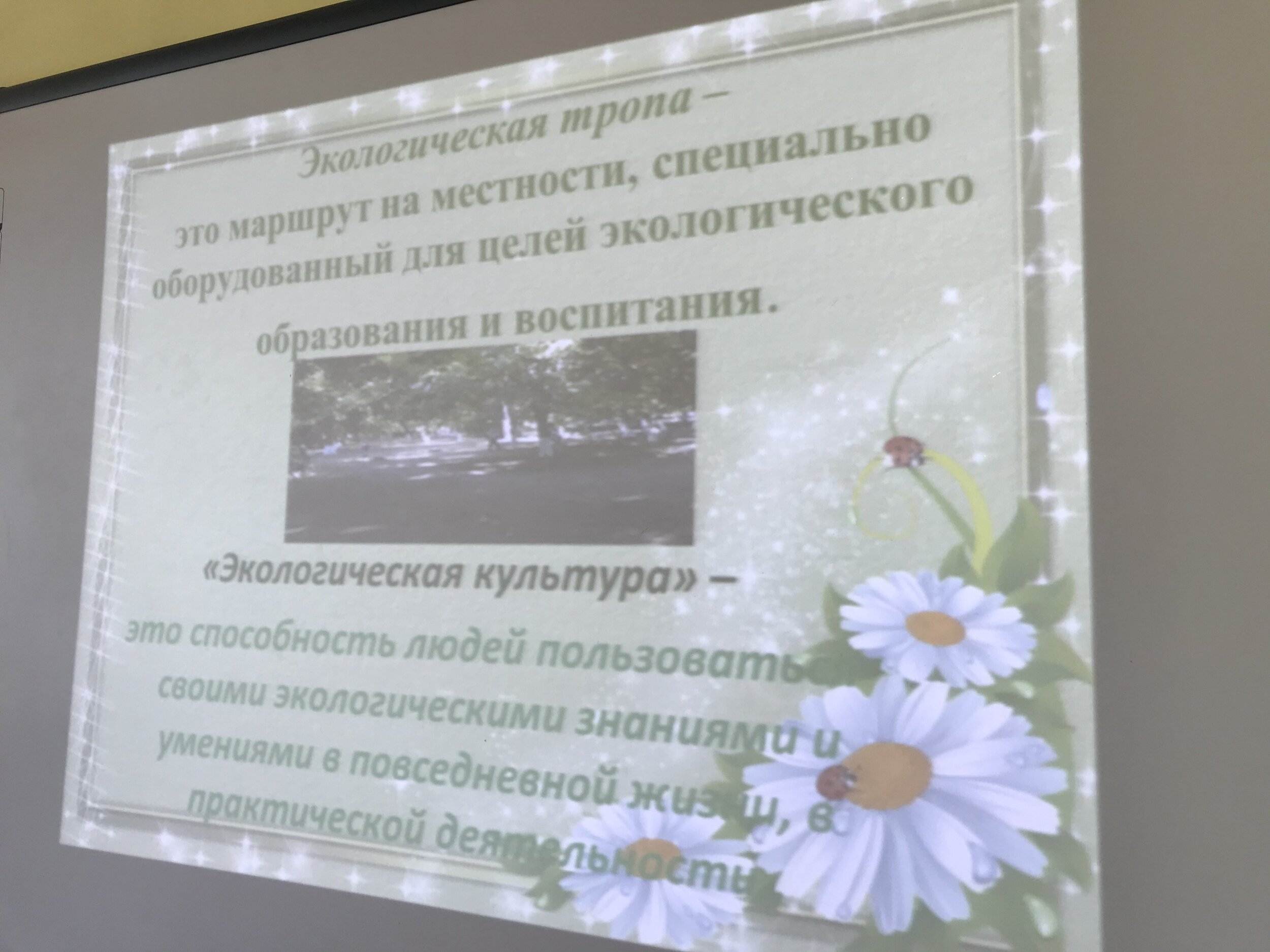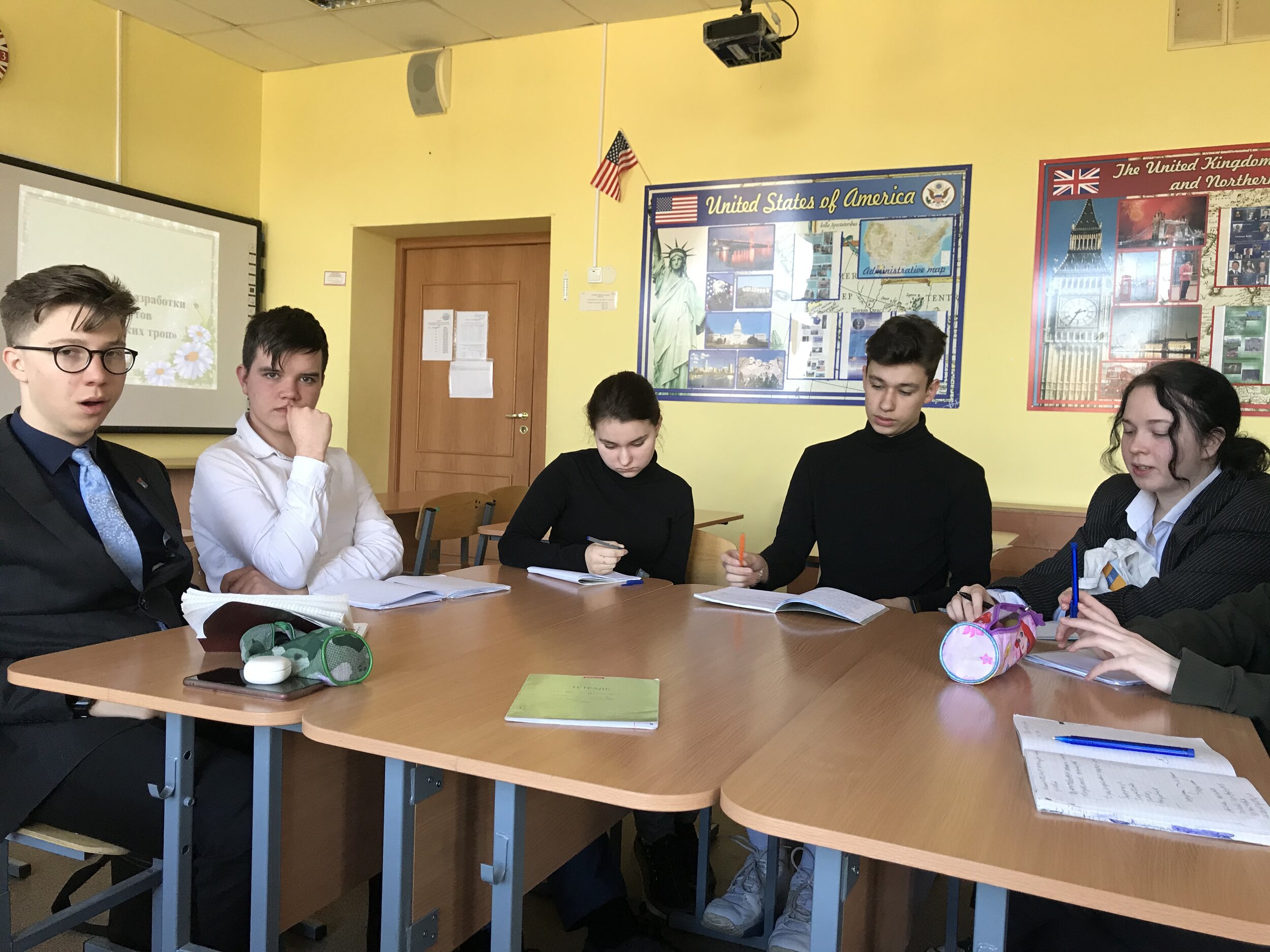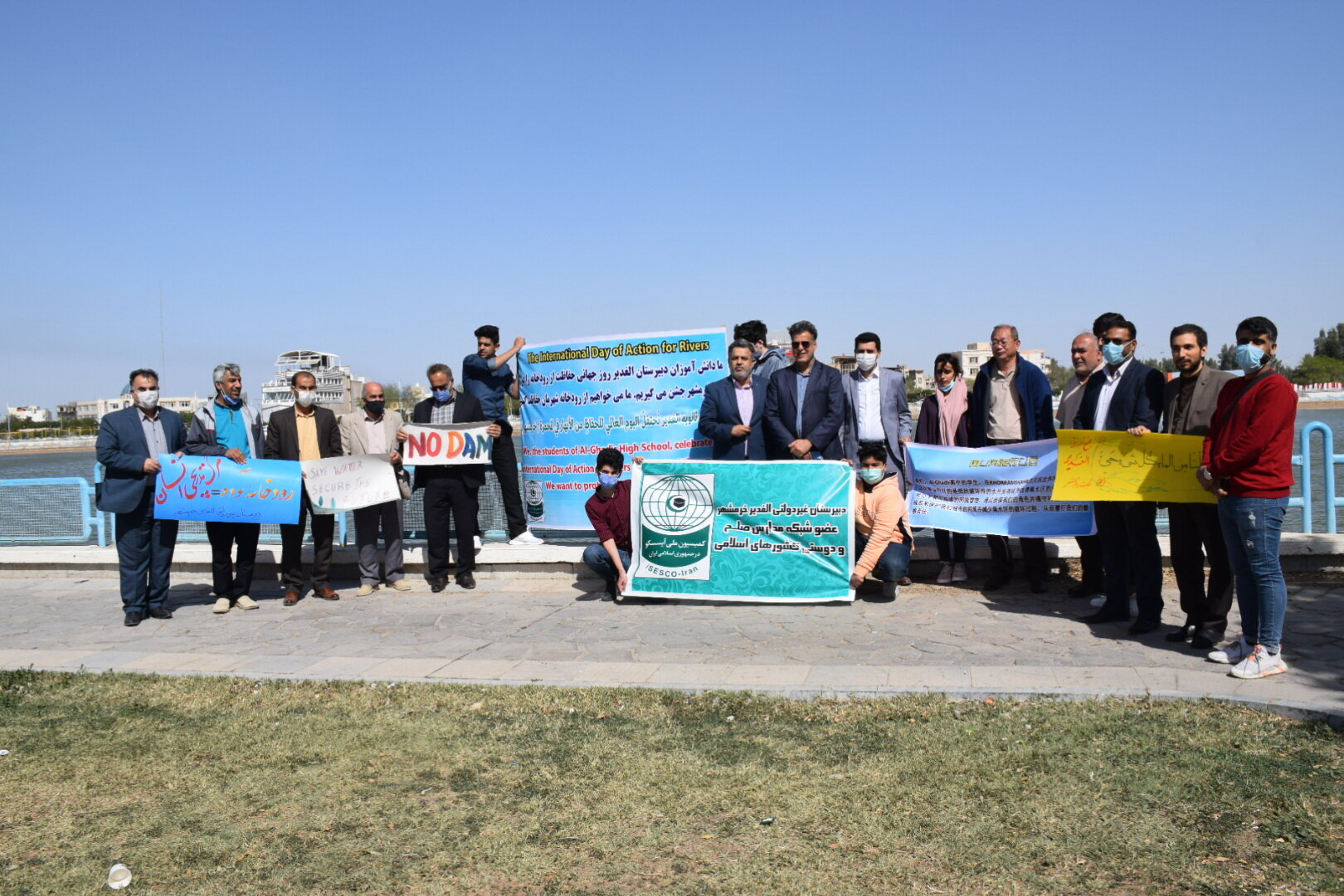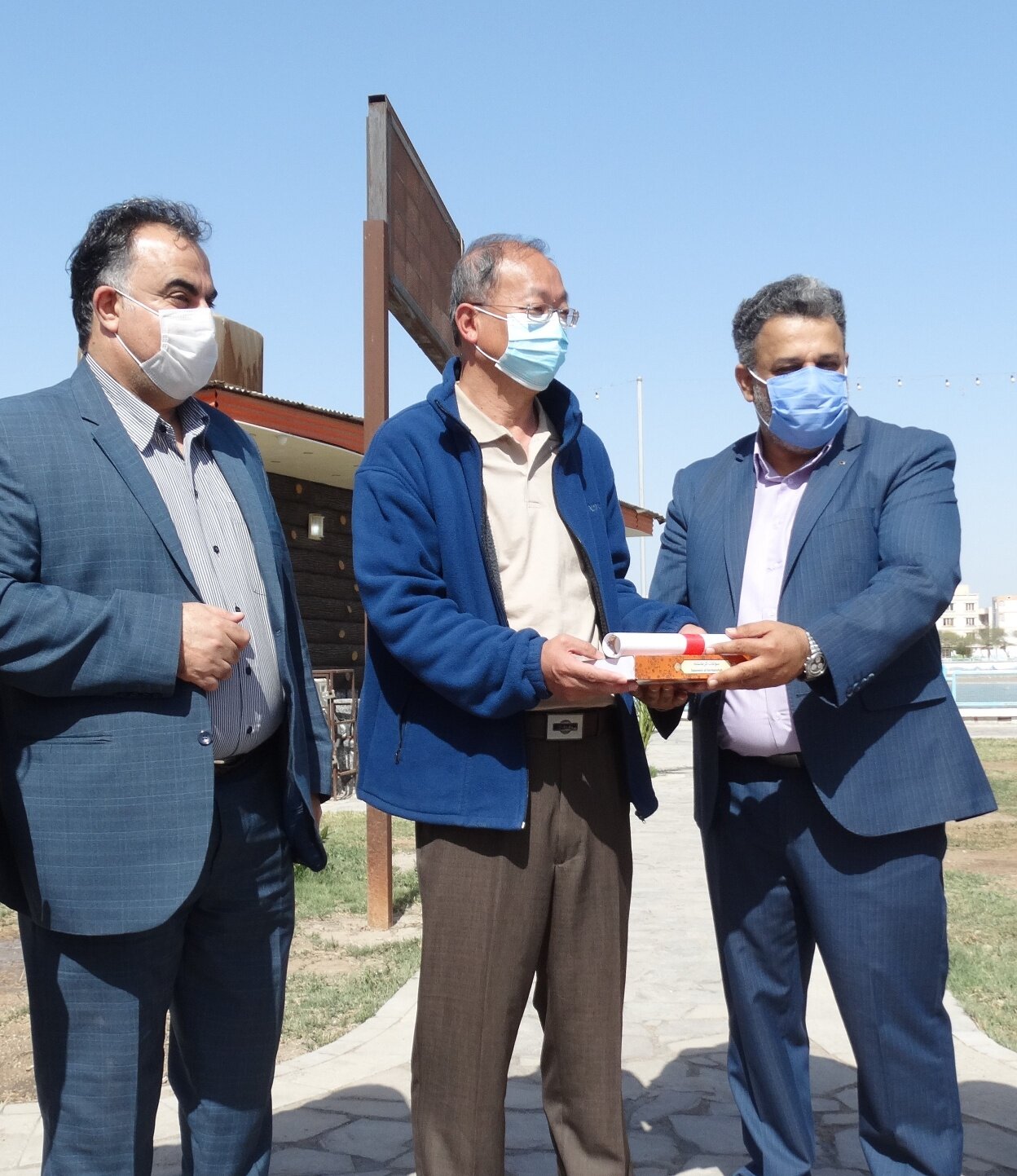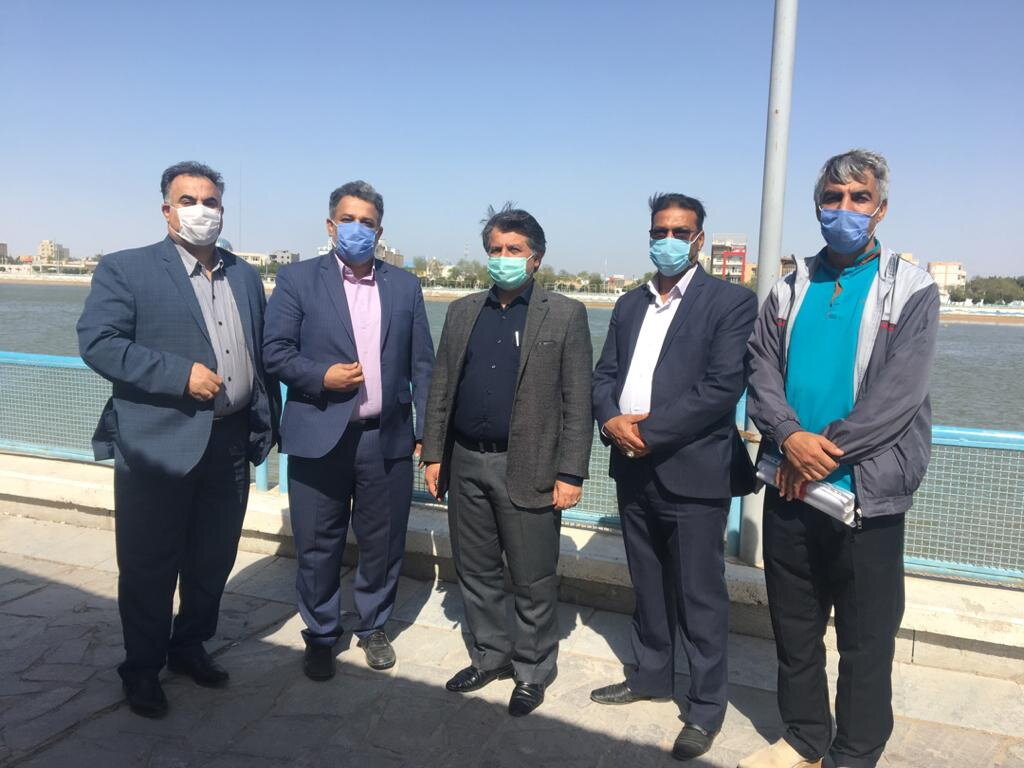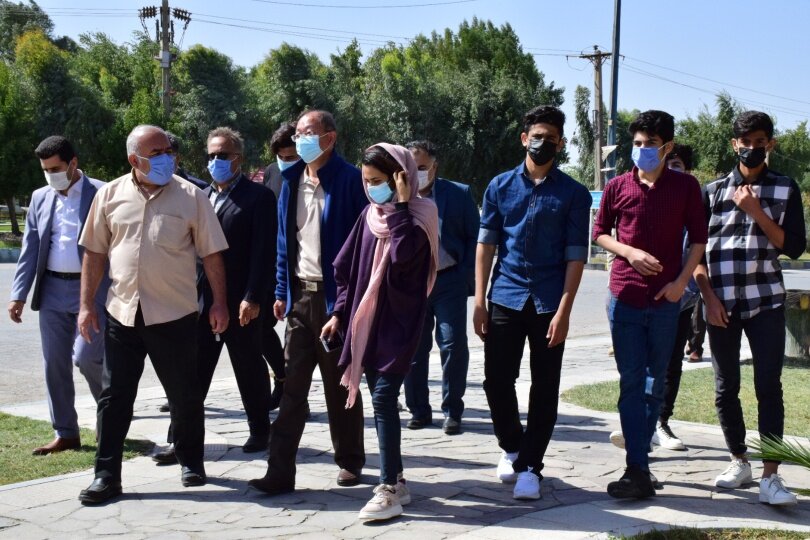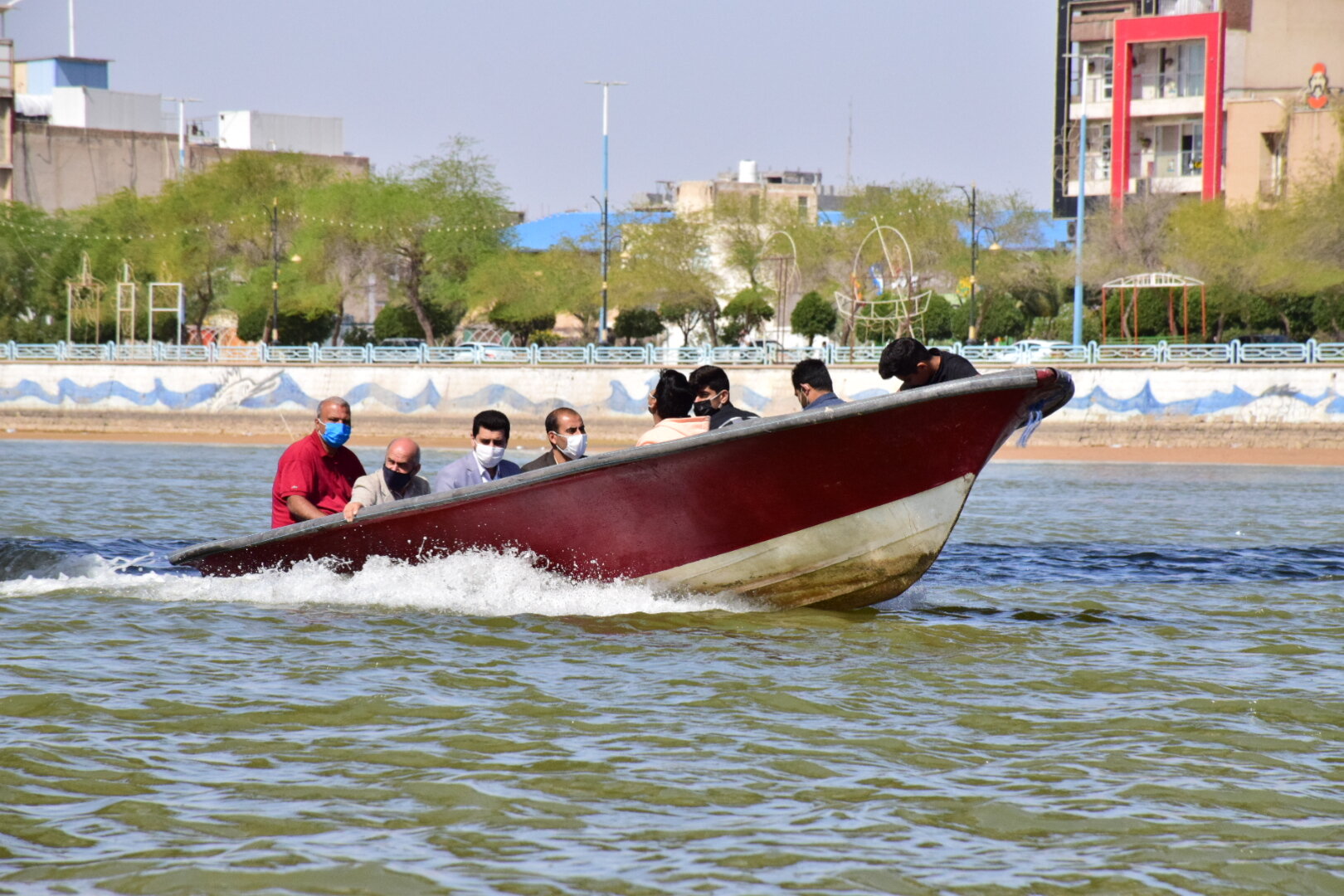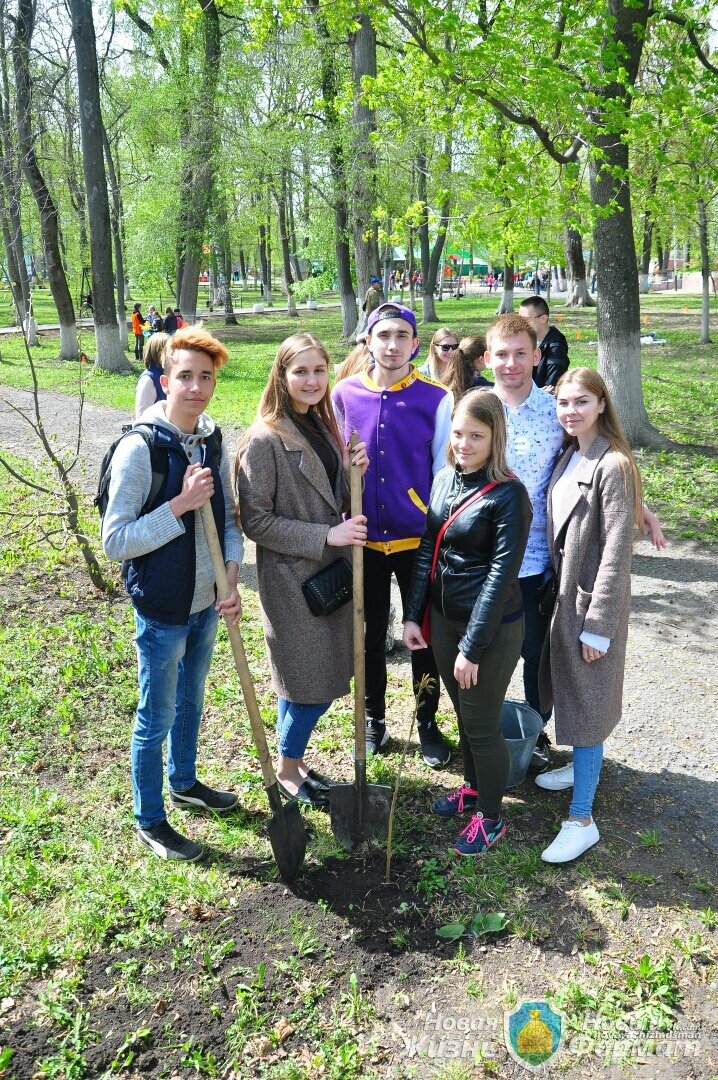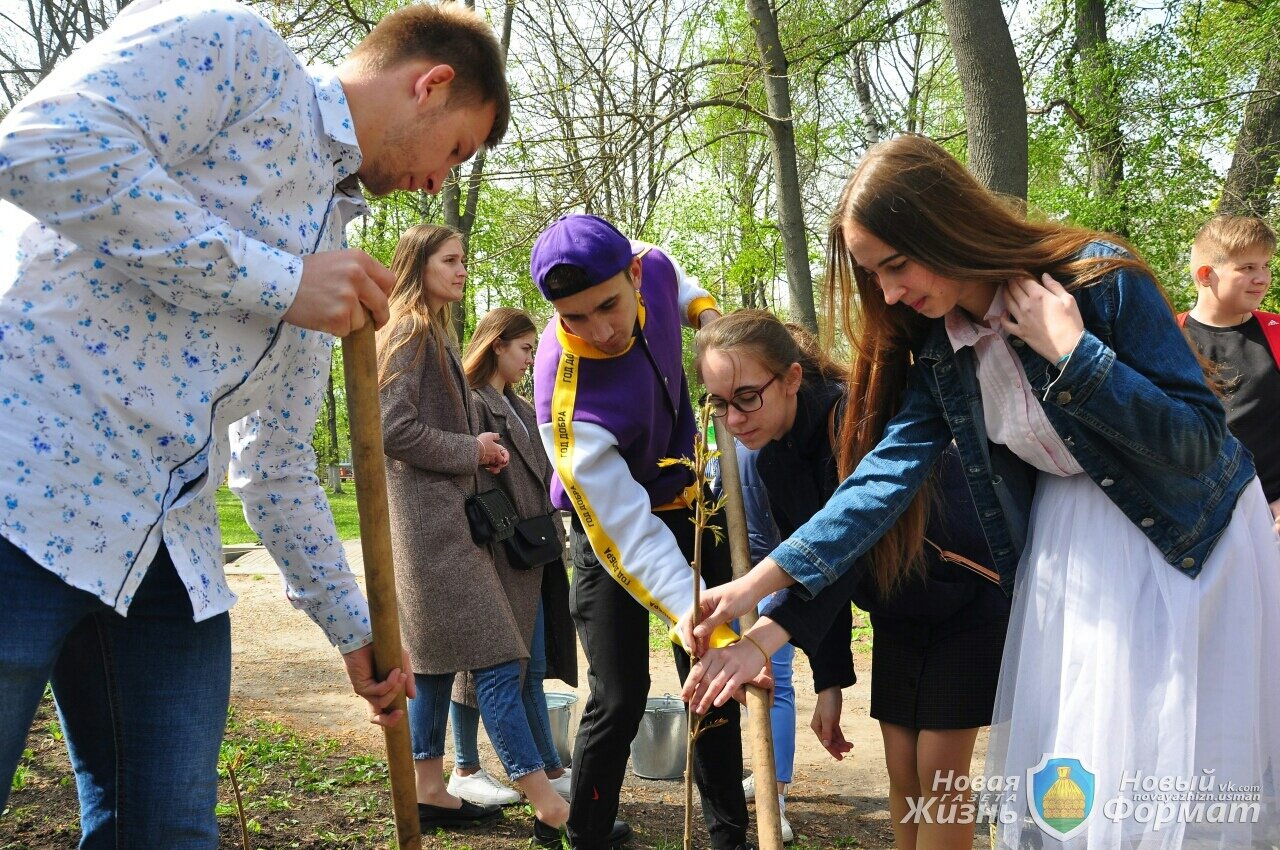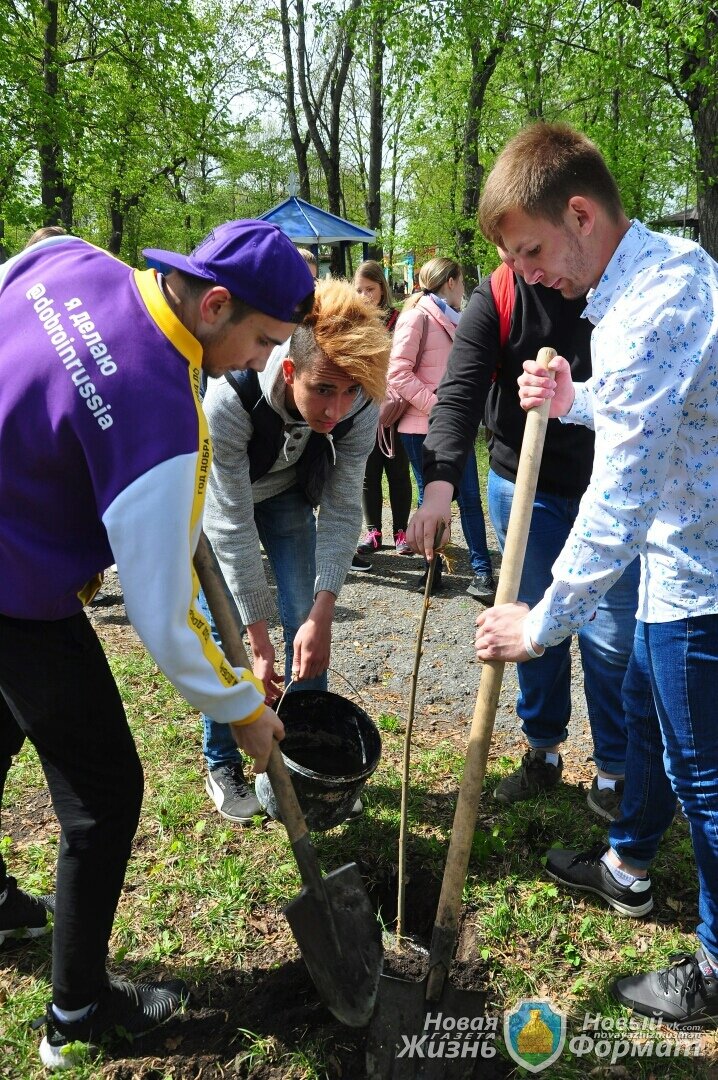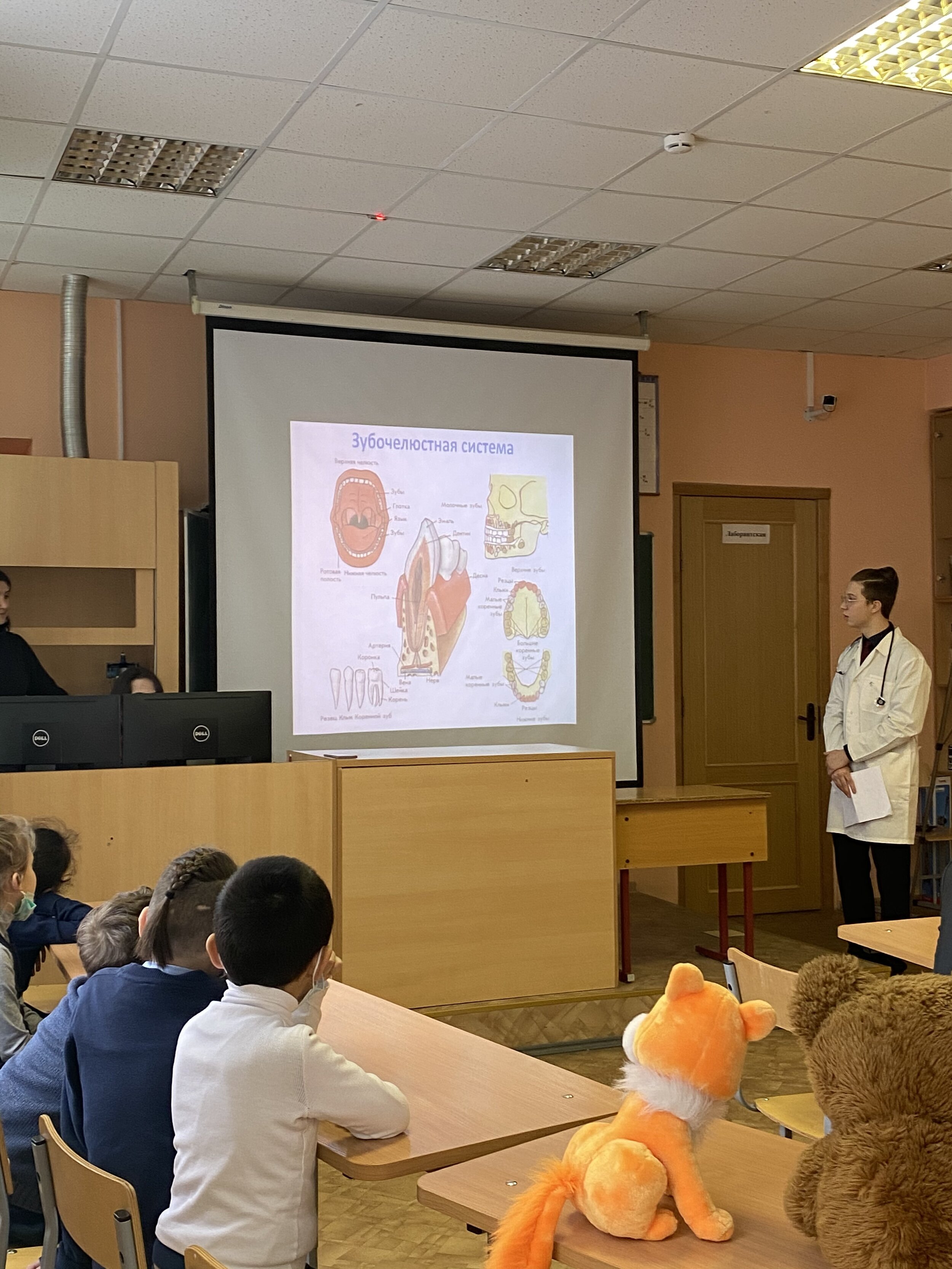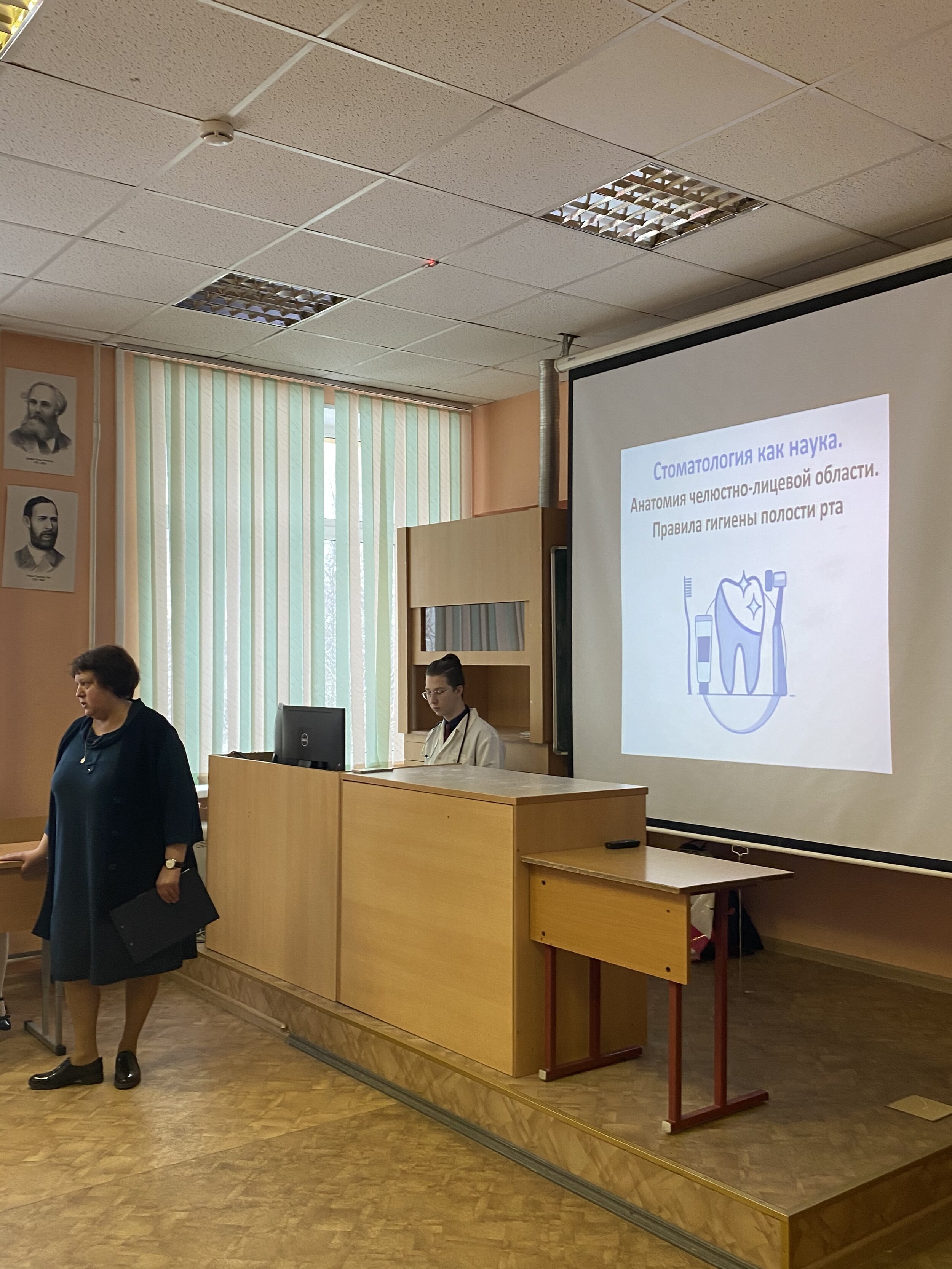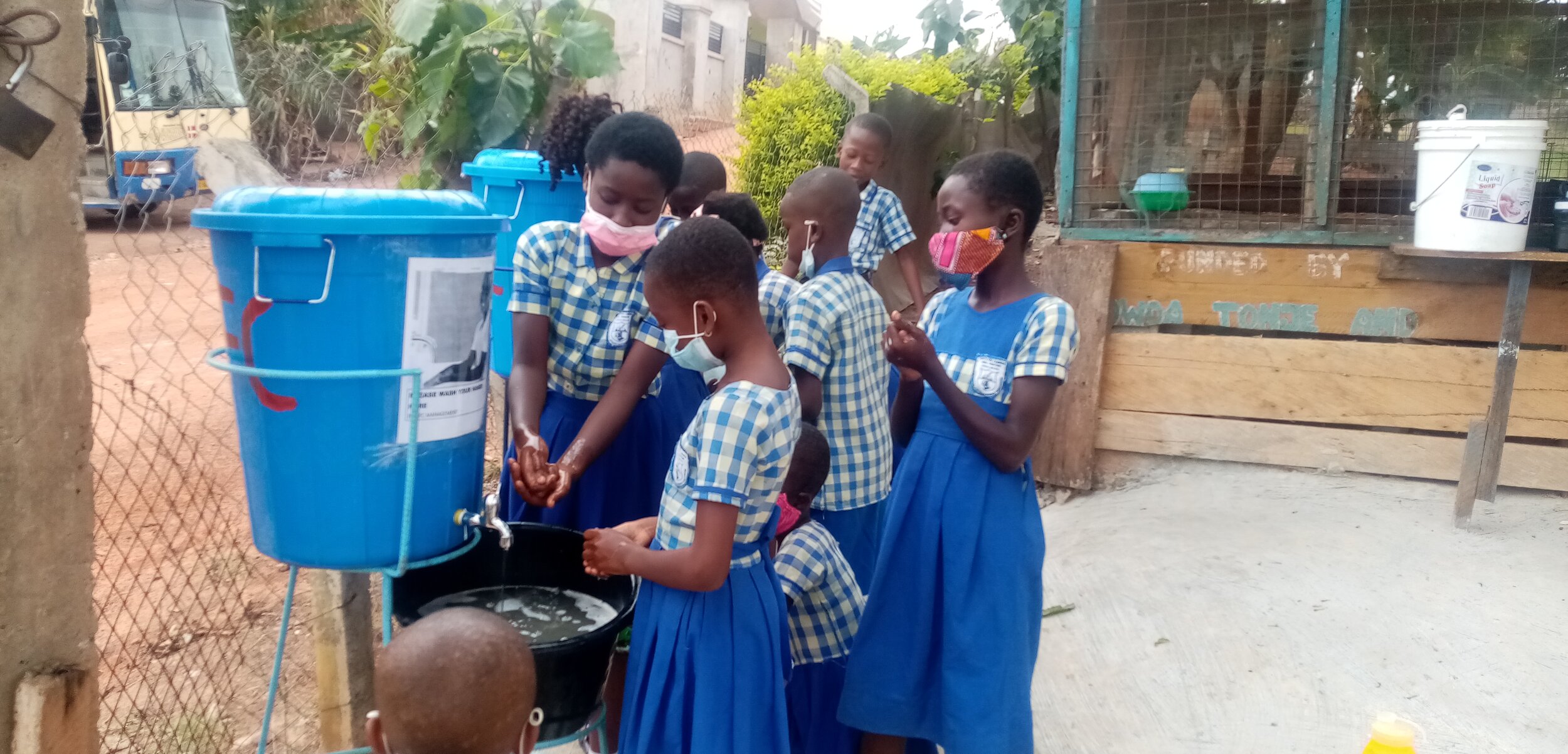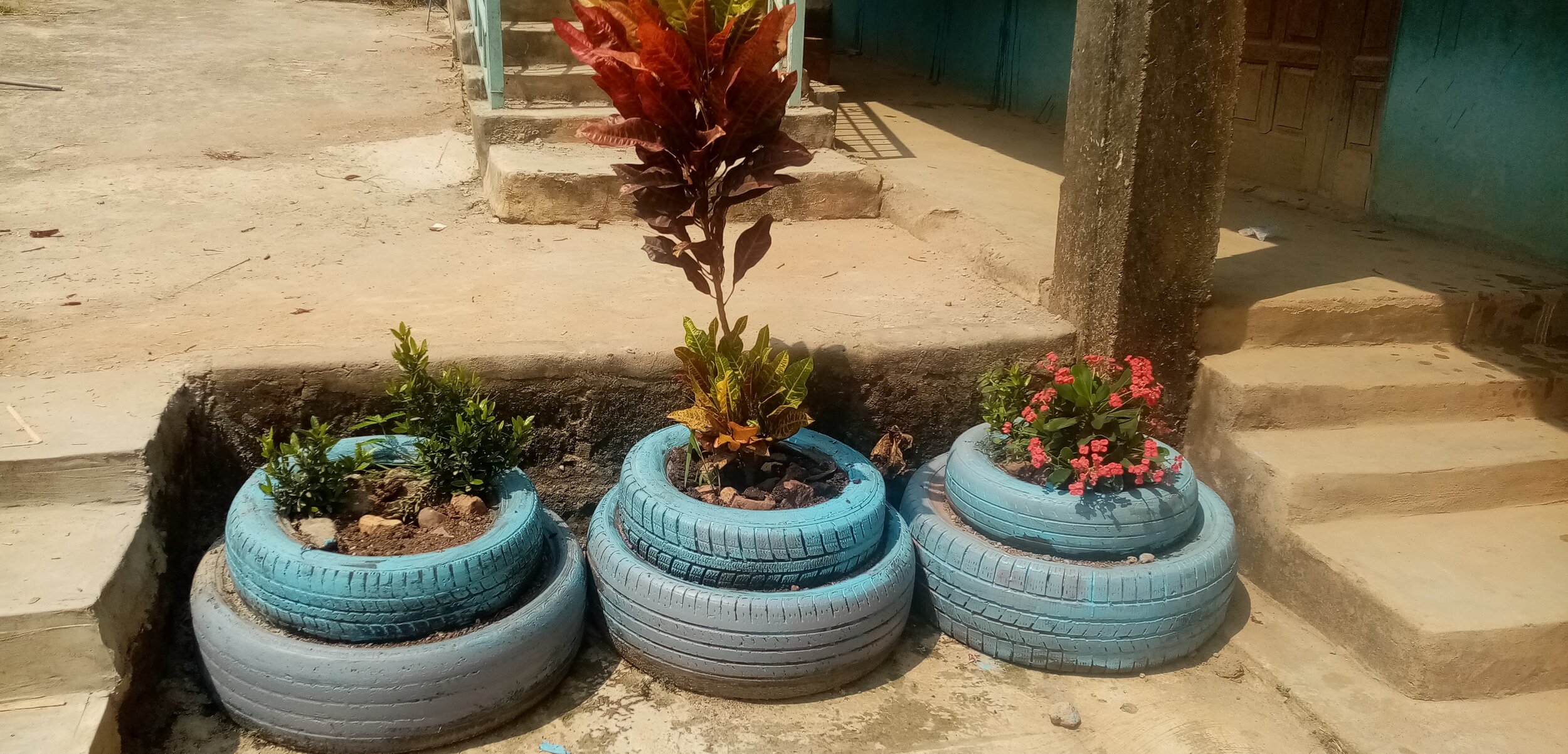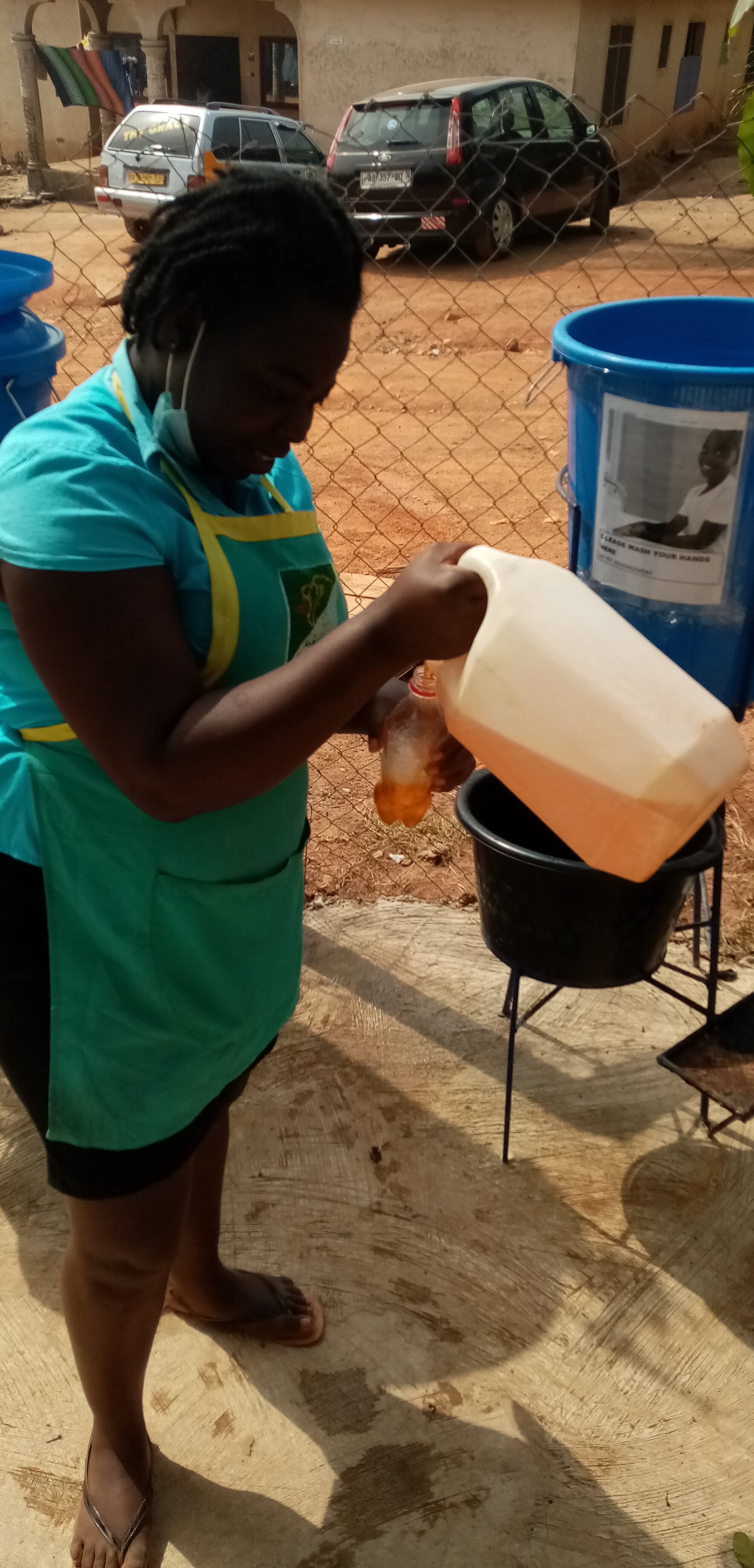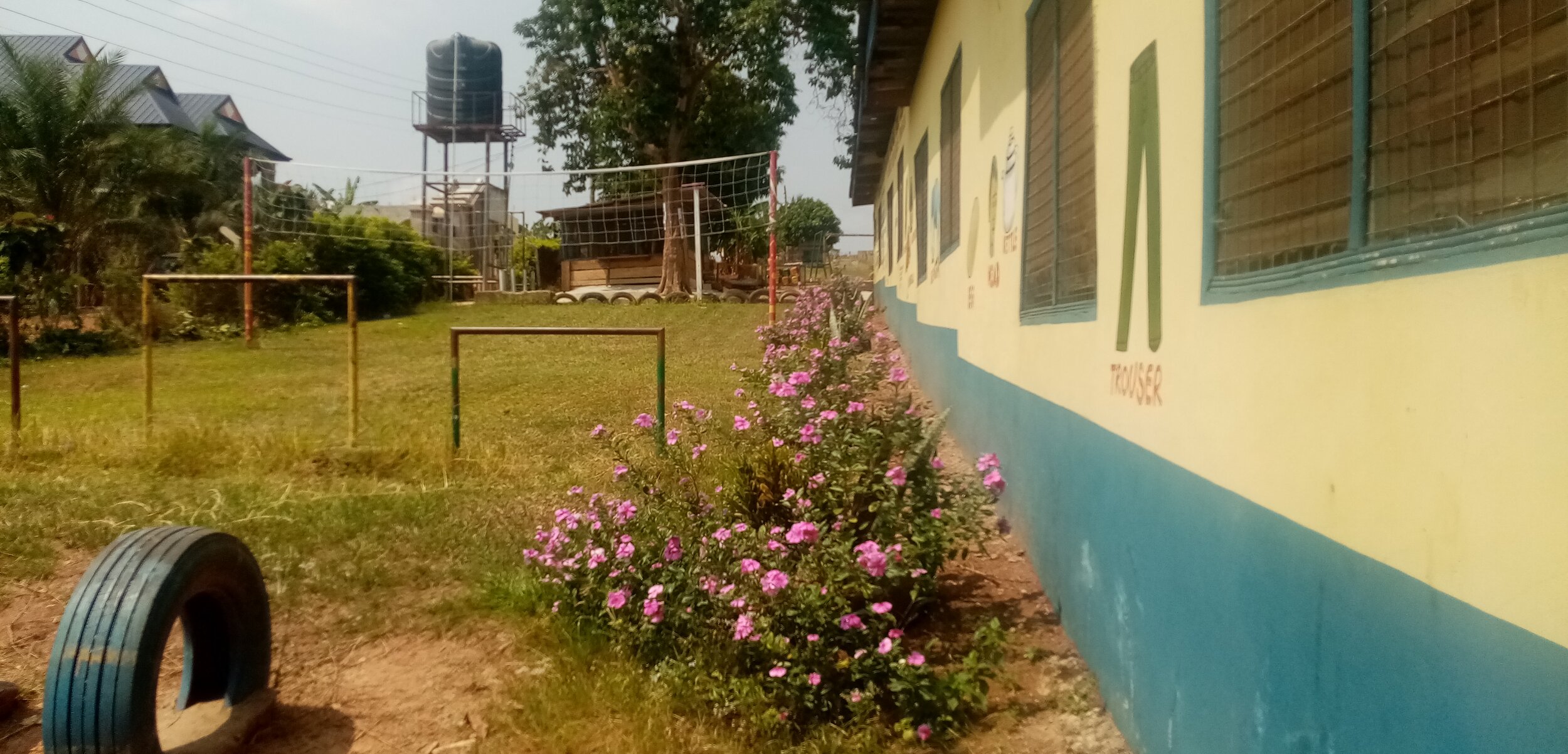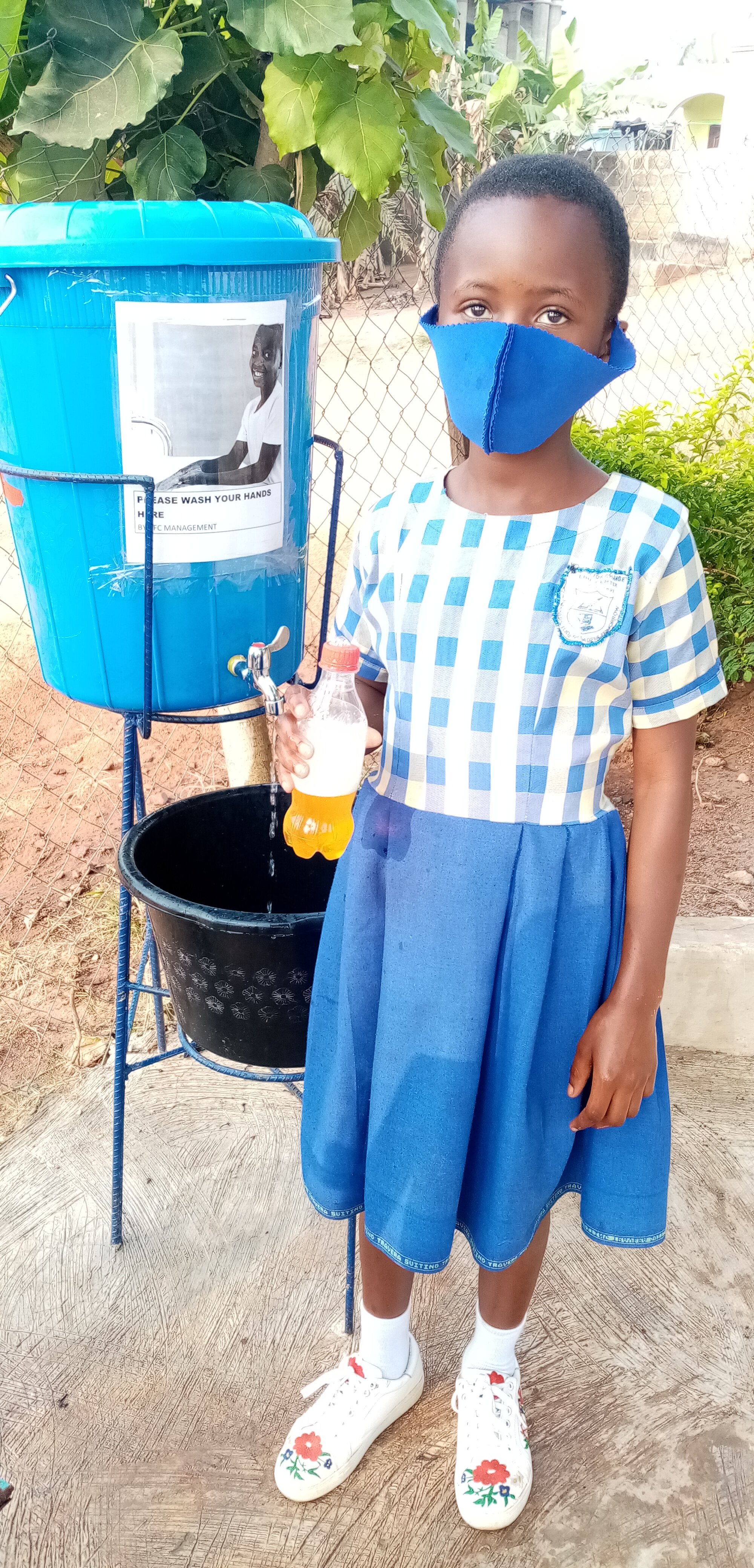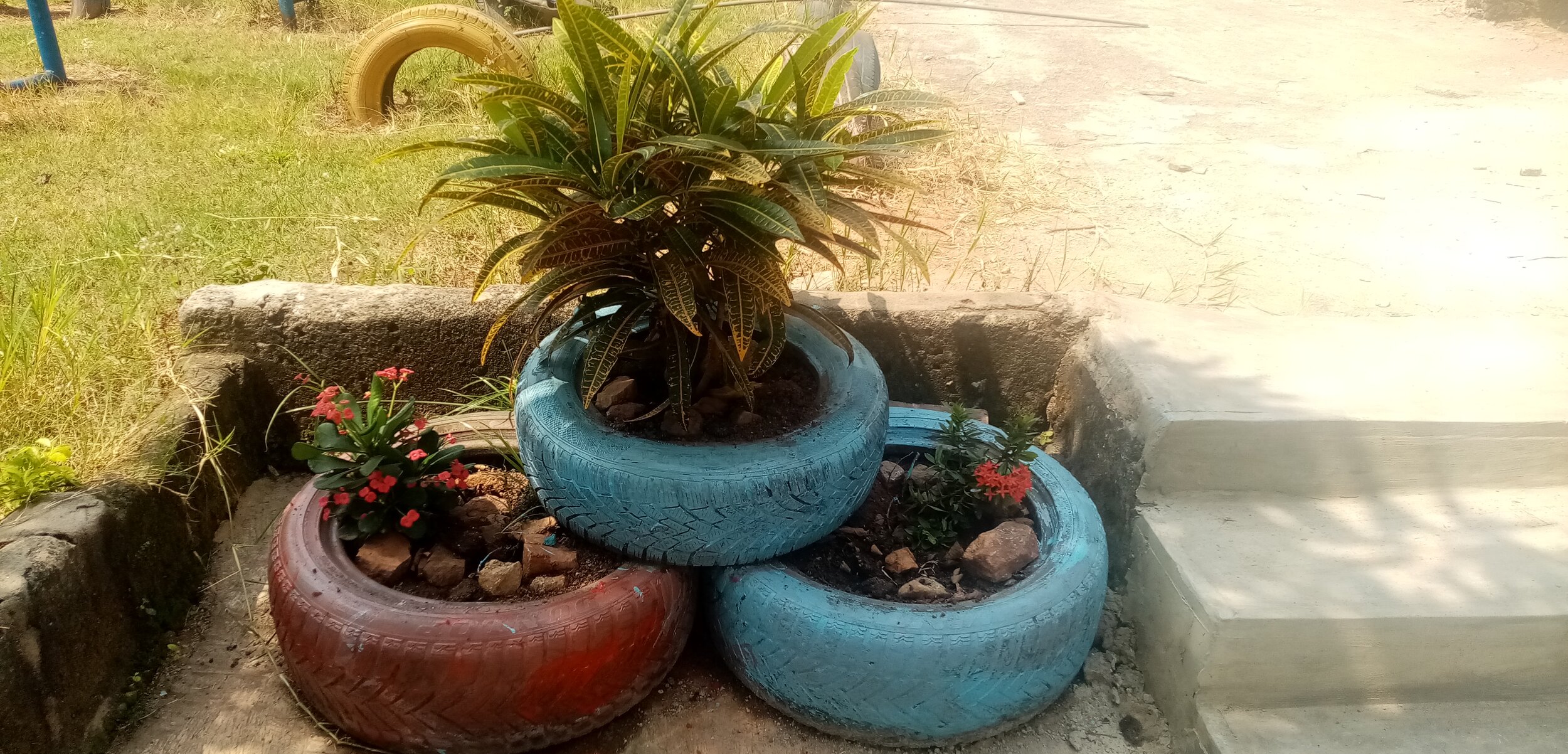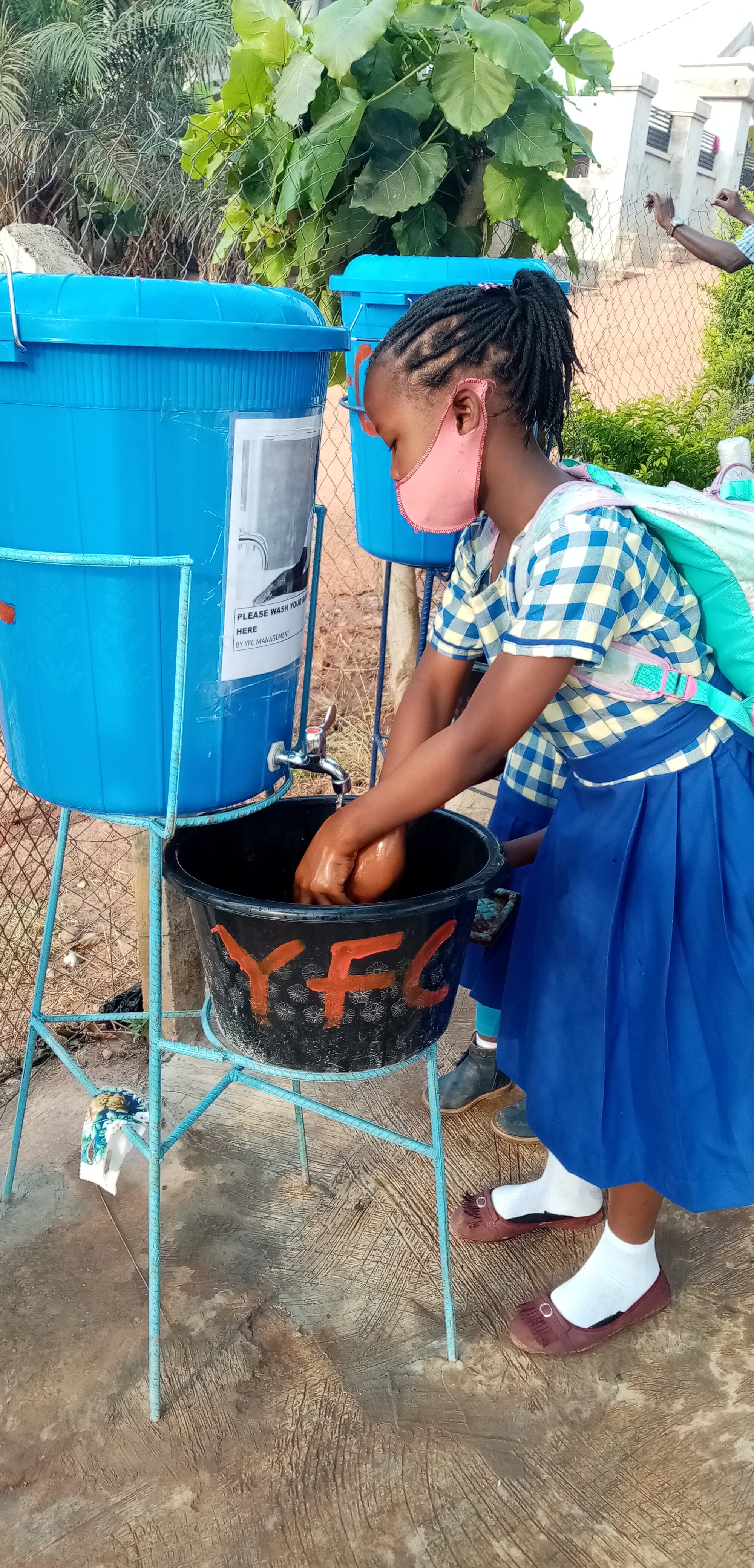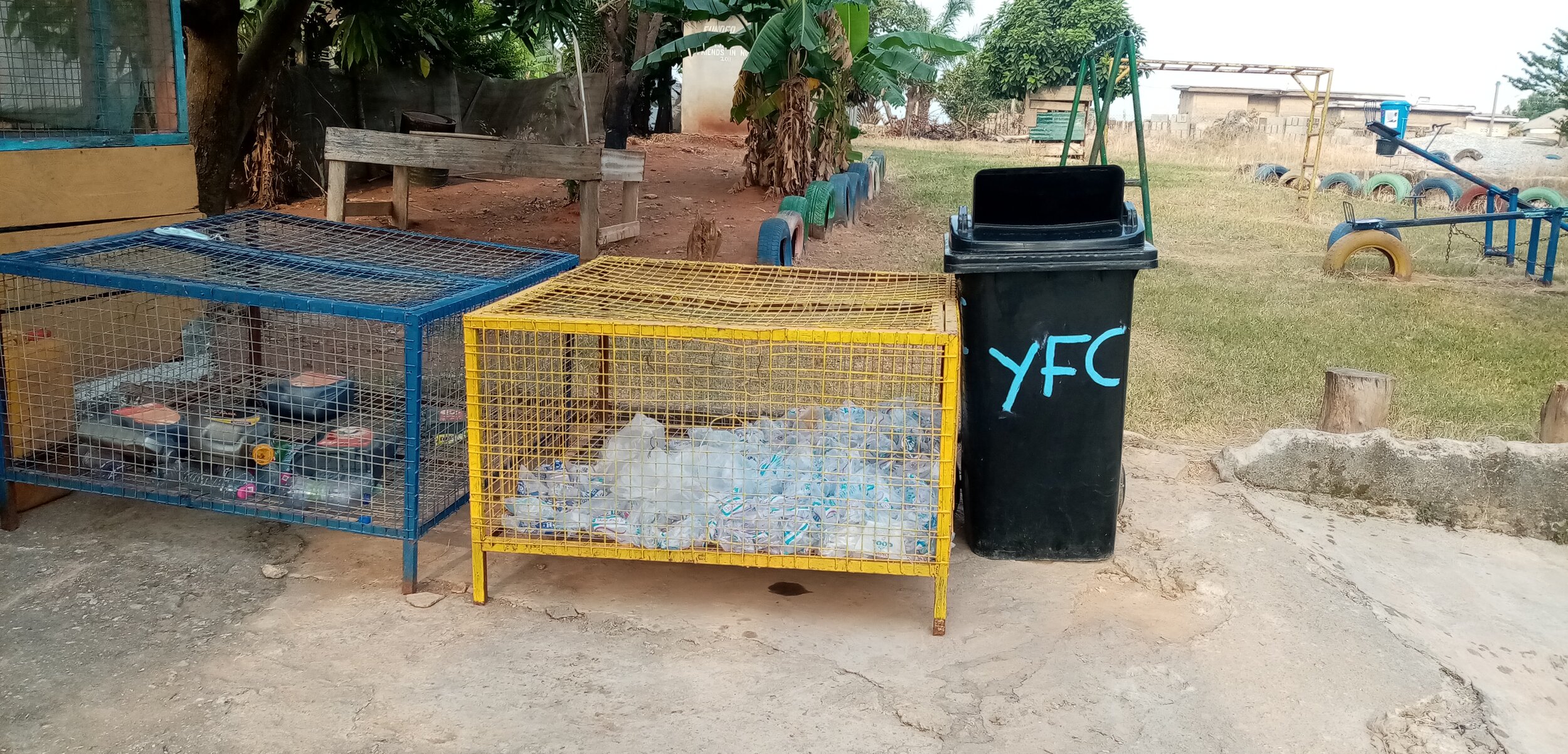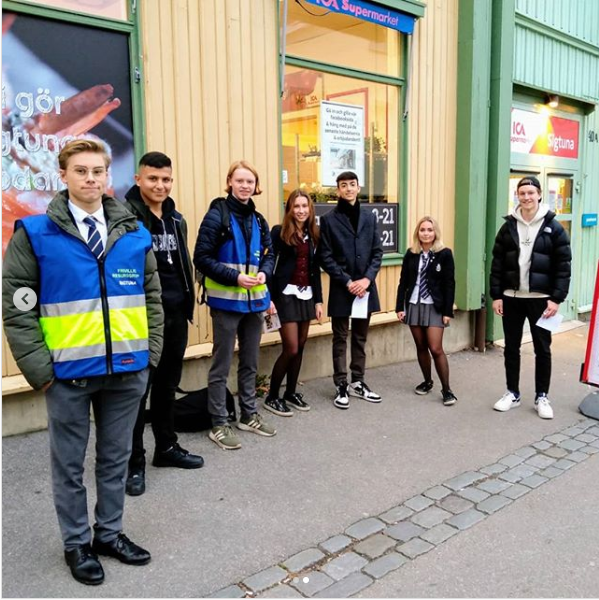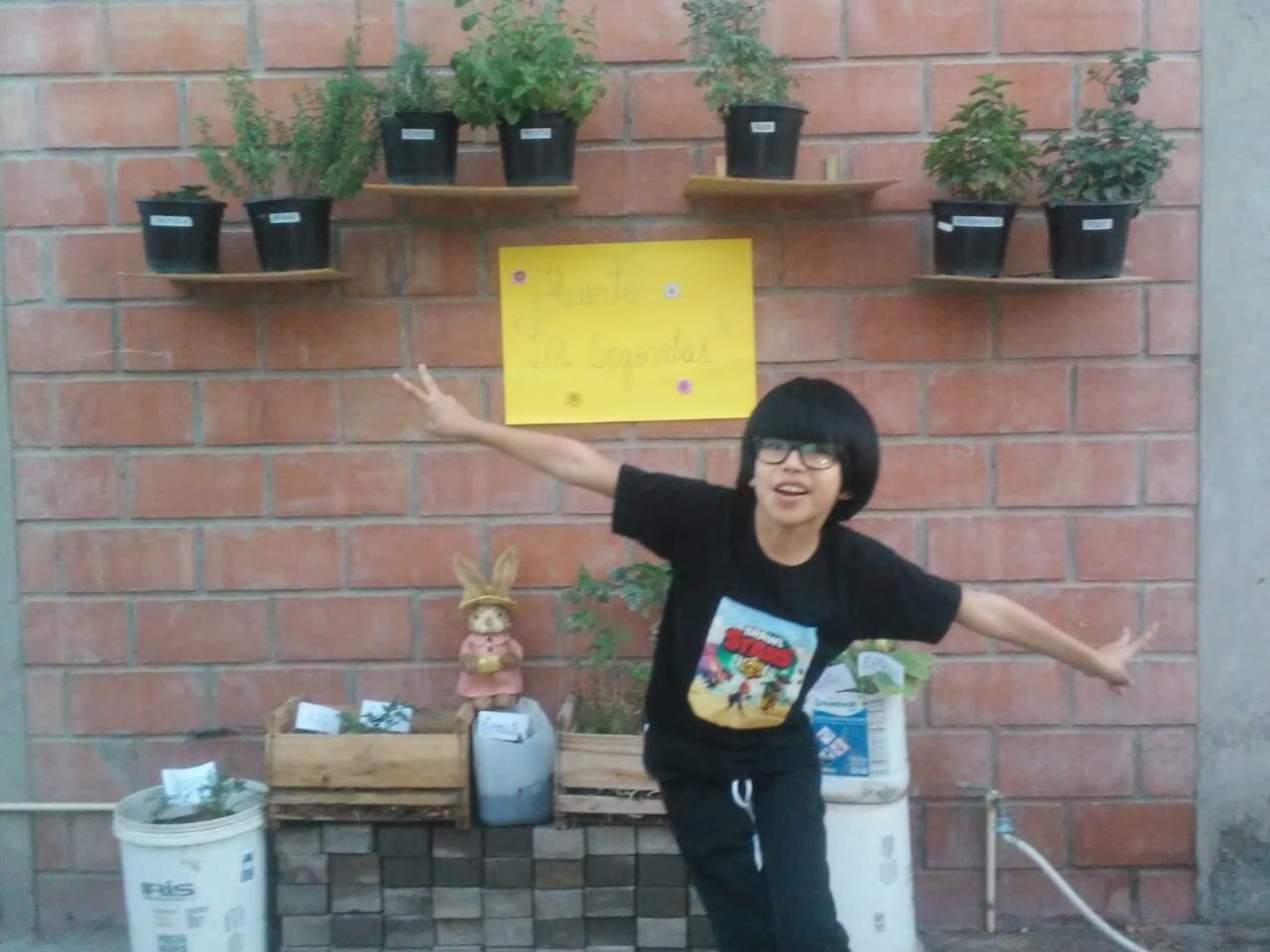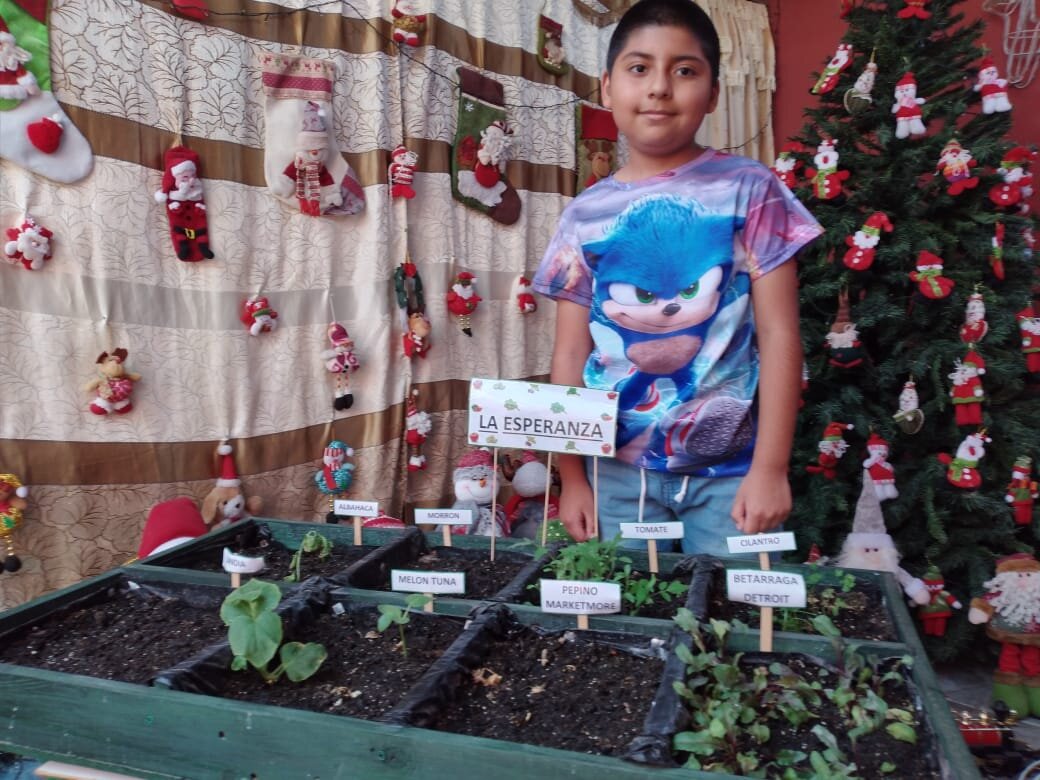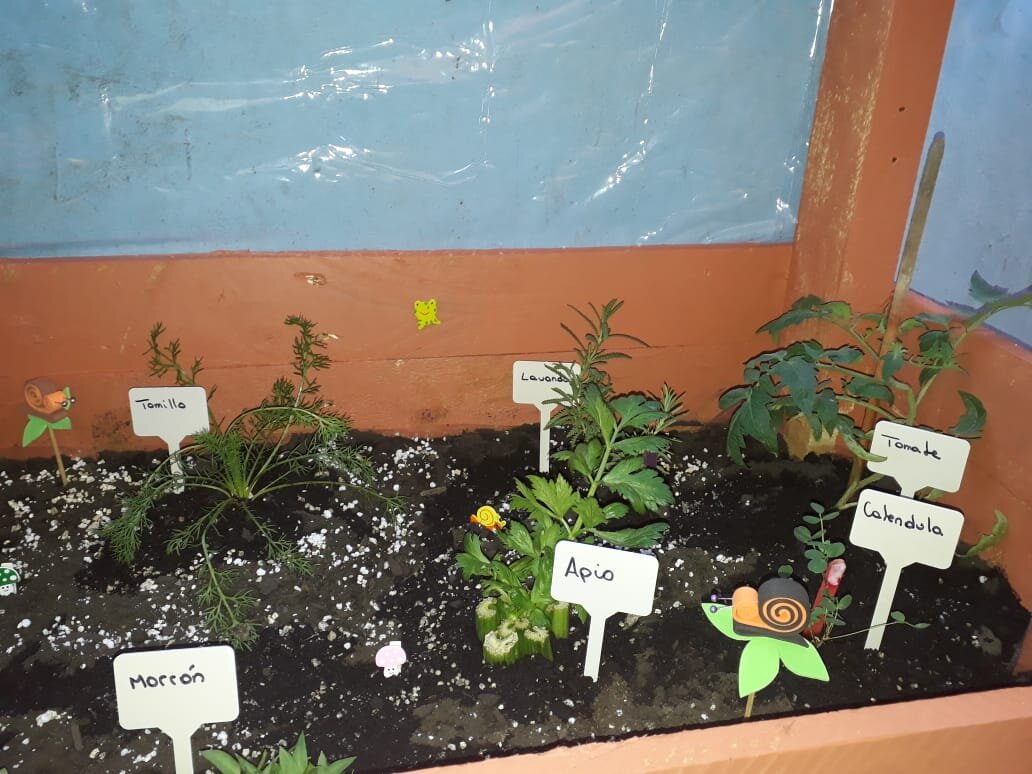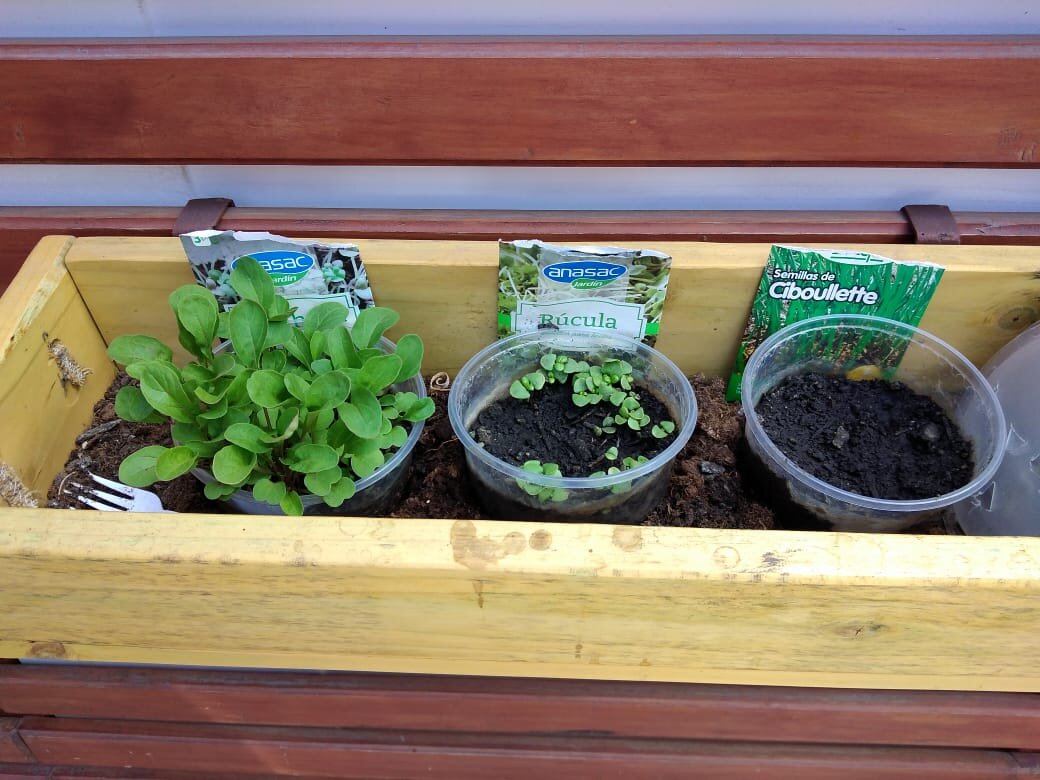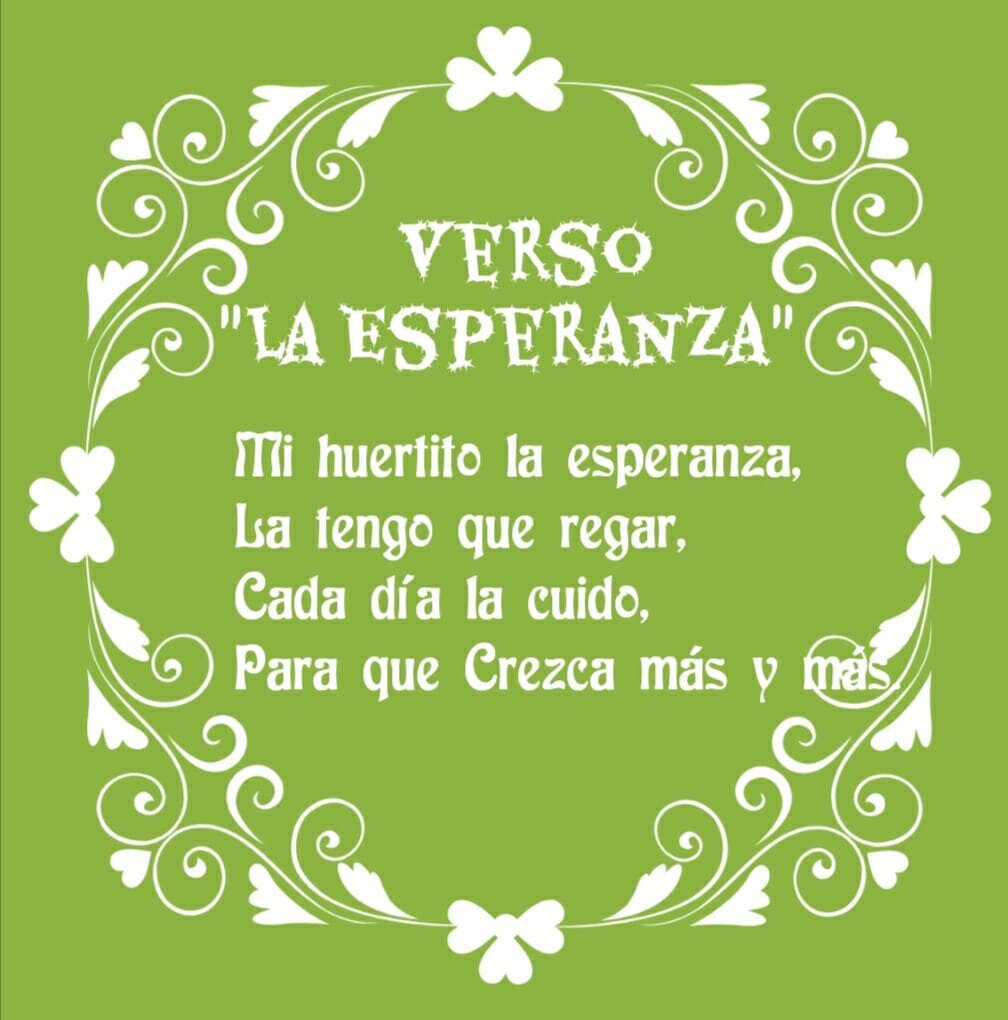Al Ghadir School
AL-Ghadir Educational institute, in continuation of its programs which are held to raise the stage of students' familiarity with the environment, on March 14, 2021, Coinciding with the International Day of Action for conservating Rivers, celebrated this international event on the Karun River in Khorramshahr city.
This event was attended by international guests, local officials, environmentalists, school students, AL-Ghadir teaching staff, and some of students' parents.
Mr. Khaled Fartousi, the director of Al-Ghadir Educational institute stated: AL-Ghadir School as a member of the Life-Link Friendship Schools, has put the issue of the environment at the top of its educational schedule since Karun river passes thriugh the middle of Khorramshahr.
He added: " The Karun River can be called the vital vessel of the city, but this river is not only an environmental issue, but it is also a part of the culture and history of these people. " The Karun River is a part of the historical memory of this city, so any action to protect this river is not only to protect geography, but it is also to protect history and culture."
This ceremony was held in the presence of Mr. Dong, an environmental activist from China, Dr. Ahmadzadeh, Director of Education Department of Khorramshahr city. Regarding the development of human urban culture, school students became acquainted with the interaction of humans and rivers, as well as the damage that has been happened to the natural route of rivers throughout history. And also the importance of protecting rivers as a vessel of human life was emphasized.
At the end of the ceremony, the guests symbolically cleaned parts of the Karun riverbank and collected the garbage on the coast.
